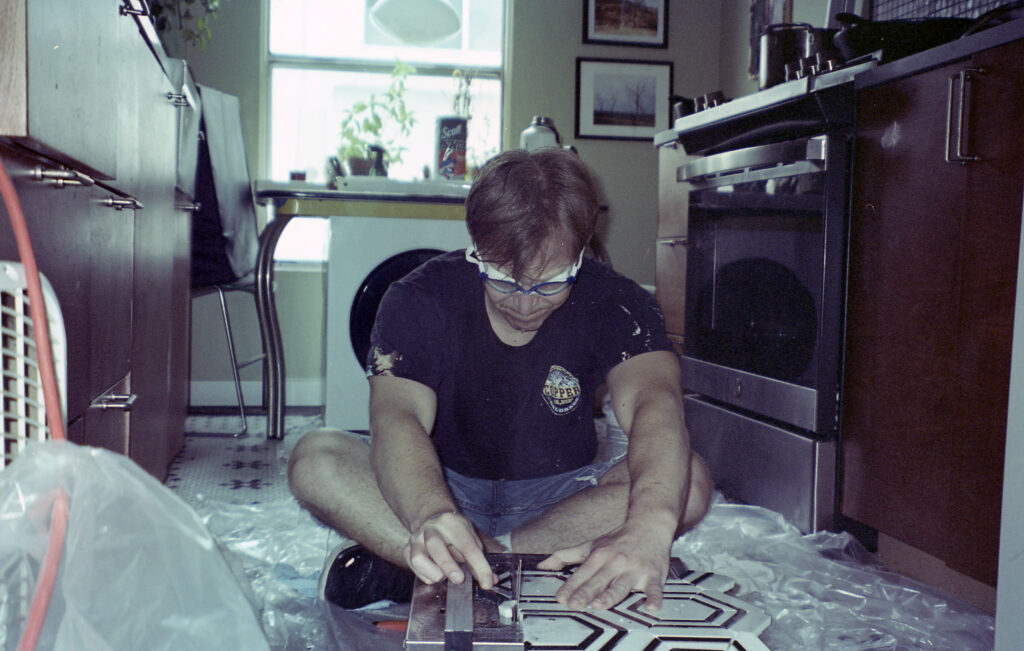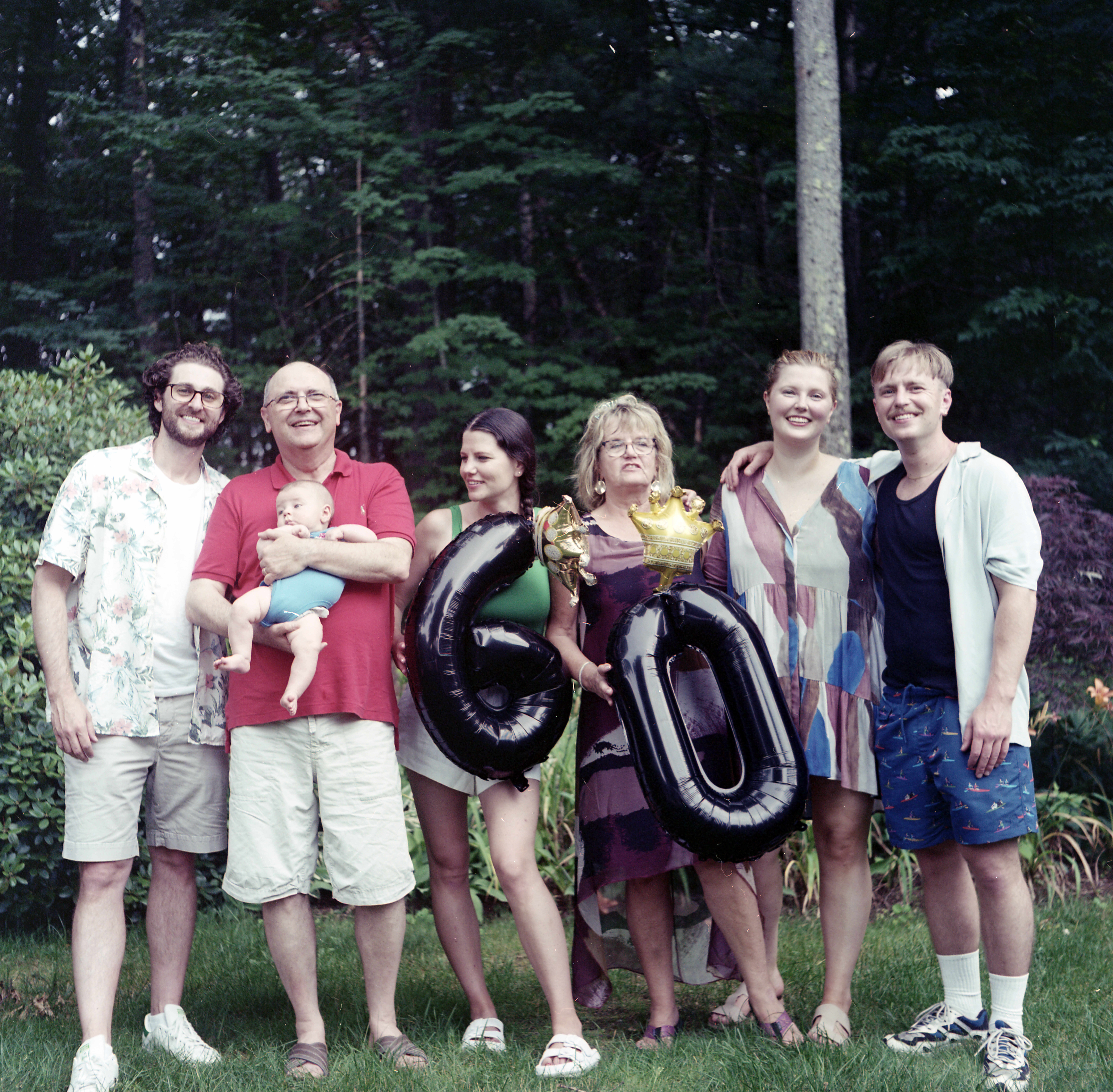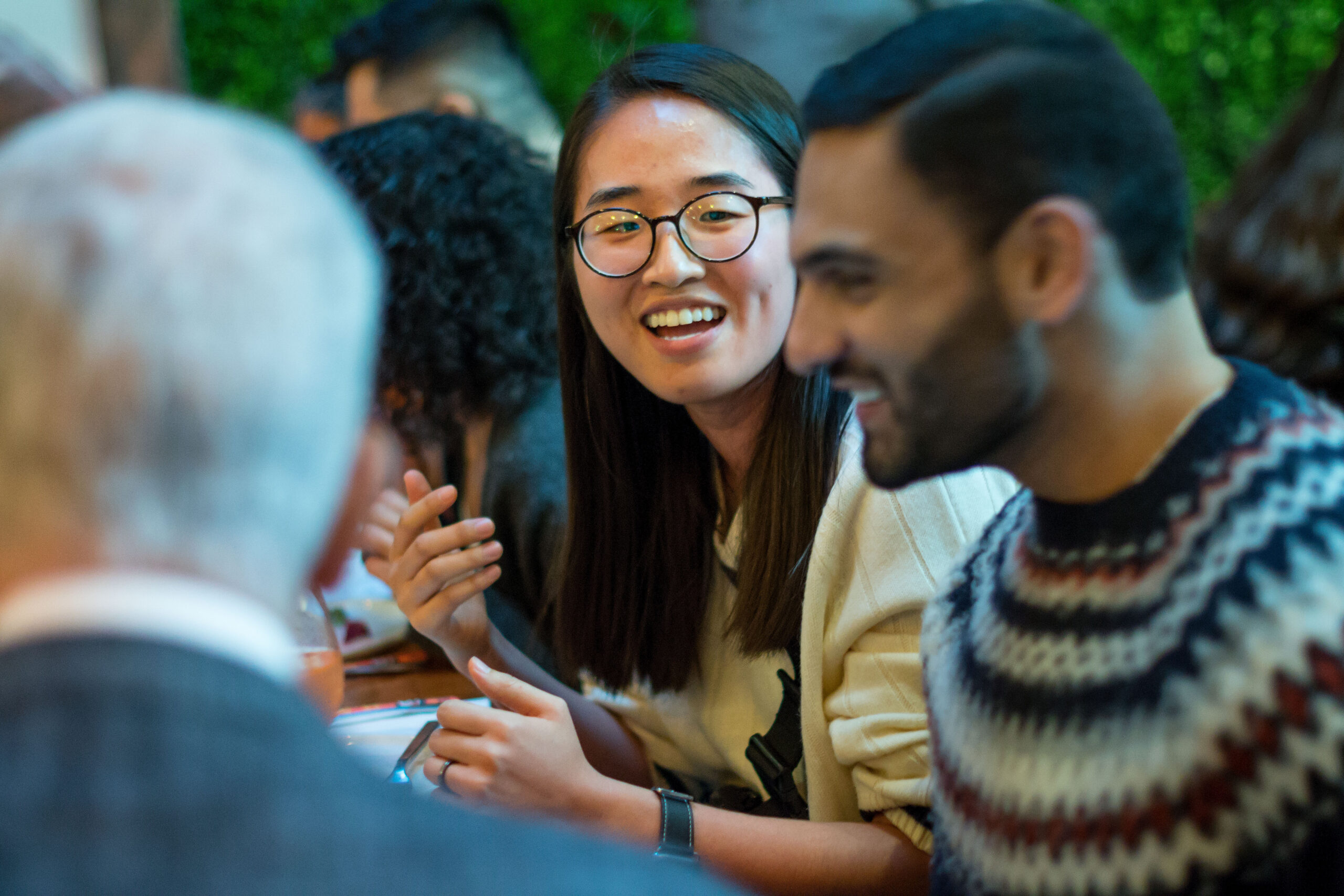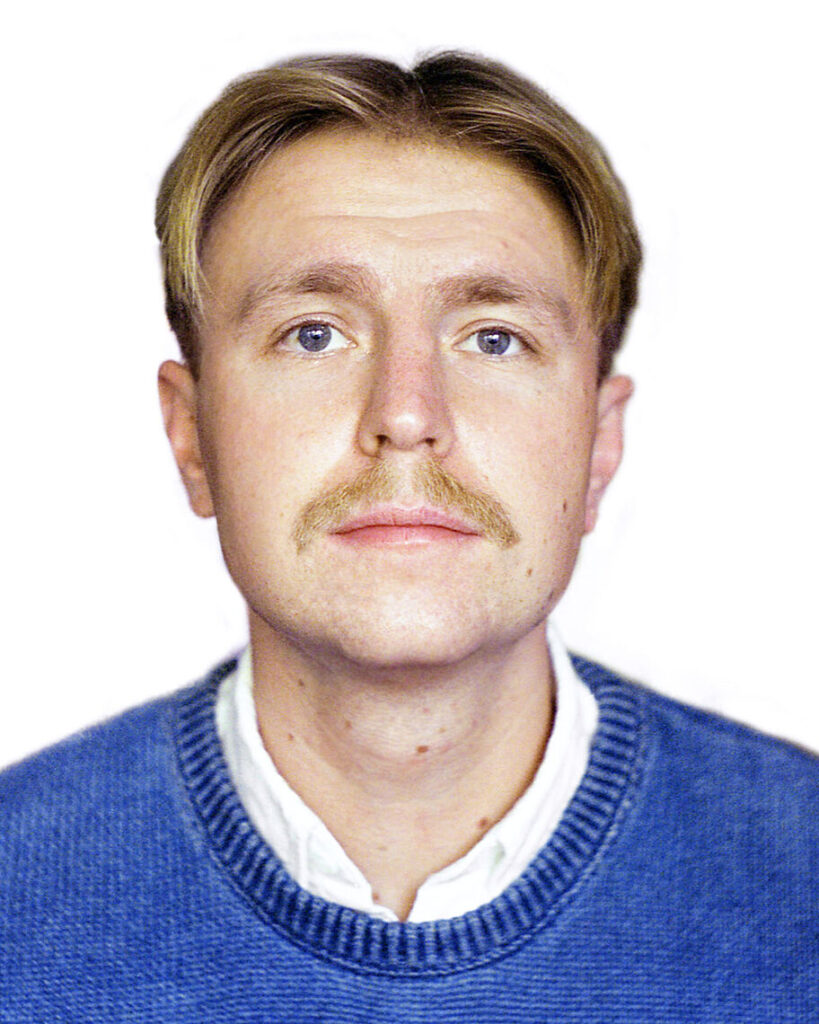- Fellow Highlights
LOOKING BACK AT THE FELLOWSHIP: PHD Student Alexander (Olek) Pisera
2022 Paul & Daisy Soros Fellow Alexander (Olek) Pisera is a PhD student at University of California, Irvine.
Olek developed an early love for biology, biking through forests, and wondering how the same material and evolutionary forces could make life forms so different from each other. Exposure to lectures by George Church focused his energy on bioengineering. Olek graduated with honors in chemical and biomolecular engineering from Johns Hopkins University, where he worked to immerse himself in molecular biology. Working often overlapping stints in an algae lab, cancer research lab, Synthetic Yeast Project, directed evolution lab, a bacterial engineering company, and George Church’s CRISPR company Editas, Olek found that he was most interested in the application and development of new technologies specifically enabled by developments in DNA synthesis and screening.
After graduating, Olek joined a CRISPR company, Intellia, to work on improving CAR-T therapies with an in-vivo genetic screen. He then moved to a small immuno-oncology startup called Quentis where he got his first taste of independent science and found that the sense of skepticism he inherited from his parents was highly useful. Feeling strongly that much of scientific literature does not accurately describe biological phenomena and seeking the ability to conduct science relying on fewer prior assumptions, he decided to pursue a PhD. Now, at UC Irvine, he is working in Professor Chang Liu’s lab where his research is in building synthetic biological systems and in directed evolution. He is developing a system that could allow for discovery of antibodies against classes of mammalian cell surface proteins that have been inaccessible with current technologies.
We caught up with Alexander about what’s next and what the Fellowship has meant to him:
Where are you with your graduate program now? Whether you’re still in school or you’ve graduated, what’s the next step for you or what are the steps you’ve taken after graduating?
I am less than a year away from finishing my PhD in Biomedical Engineering. Currently I am closing out the safer projects that will be enough for a dissertation, and cranking on a project that is far more exciting. In the next six months I expect to write a thesis and defend, but plan to stay as a postdoc for ~4-5 months to publish the more exciting project and deal with the revision process. From there my opportunities will depend on how I can leverage that project. The best case scenario is starting a company, but backups include joining a startup or science VC to get more familiar with the ecosystem.
Can you tell us more about your graduate studies? What questions were you/are you pursuing? What was/is the main focus of your studies?
I have been investigating the nature of evolution. There are big gaps in connecting Darwin to our current understanding of biology. Where I’ve focused is looking for ways to bridge the gap. The noise and disorder in biology has been long underappreciated, but I think it’s critical to understanding how evolution produces such complicated and diverse systems. I’ve built a way to uncover some of the noise, and potentially produce useful proteins from it.
There are so many paths beyond college; Why did you feel graduate school was the best next step for you personally and/or professionally? Was it hard to take the risk of going to school or something you always knew you wanted to do? What has it helped you figure out or accomplish?
It was a decision I arrived at after a few years in the biotech industry. The unfortunate reality is that a PhD is necessary to operate at a high level in science, just as a credential. The only decision was whether I wanted to dedicate myself to science, which I’ve loved since I was a kid, or pivot to some related field where I could make my way without a credential. I’ve matured as a scientist in school, but can’t say that I wouldn’t have over the same time period without the structure of academia. The most difficult parts of the PhD were learning how to manage upwards, and navigate an infrastructure that isn’t tremendously well suited to aggressive self-motivation.


How do you describe The Paul & Daisy Soros Fellowships for New Americans program to others?
The fellowship provides support for a group of very motivated and hardworking students to forge their own path in America. The fellowship isn’t an end in of itself, but a means to get closer to building a life you can be proud of, whether that be though improving institutions, developing new technologies, creating art, or learning valuable skills. It is a great opportunity which lets you fully take advantage of a unique period in your life, and connects you with other people who are doing or have done the same.
What advice would you give to someone who is thinking of applying to The Paul & Daisy Soros Fellowships for New Americans?
Be relentlessly yourself. Many fellowship applications and university applications can feel like a process of box ticking, where having the “right” interests and experiences is what sets you up for acceptance. While there is a barrier of having proven yourself to be a hard-worker the PD Soros Fellowship values true individuals, and you can be successful as someone with varied hobbies, interests, and I’ve met people who have had very unique paths which wouldn’t have been recognized by a traditional fellowship.
Who has inspired you from the Paul & Daisy Soros Fellowship community?
Arturo Macias. He’s truly a beautiful, hardworking and kind person, and his story will stick with me for the rest of my life.
Has your sense of what it means to be a New American changed or shifted through the Fellowship experience and community?
Yes, it feels like it helped dissolve a filter that gets instilled growing up lower-middle / middle class where certain levels of influence and interaction with the world feel impossible. Meeting and relating to successful people who started without much makes you realize that you can do something real and new in the world. ∎
Keep Exploring
-
 Read more: The Public Voices Fellowship of PD Soros, in partnership with the Oped Project: Year Four
Read more: The Public Voices Fellowship of PD Soros, in partnership with the Oped Project: Year FourThe Public Voices Fellowship of PD Soros, in partnership with the Oped Project: Year Four
-
Read more: NOT ON MY RESUME: Ming Hsu Chen
- Fellow Highlights
- Fellows in Action
NOT ON MY RESUME: Ming Hsu Chen
-
 Read more: Kathy Ku Steps into Leadership as PDSFA Chair
Read more: Kathy Ku Steps into Leadership as PDSFA Chair- Board of Directors
- Fellowship News
Kathy Ku Steps into Leadership as PDSFA Chair
-
 Read more: Q&A with MD/PhD Student Silvia Huerta Lopez
Read more: Q&A with MD/PhD Student Silvia Huerta LopezQ&A with MD/PhD Student Silvia Huerta Lopez
